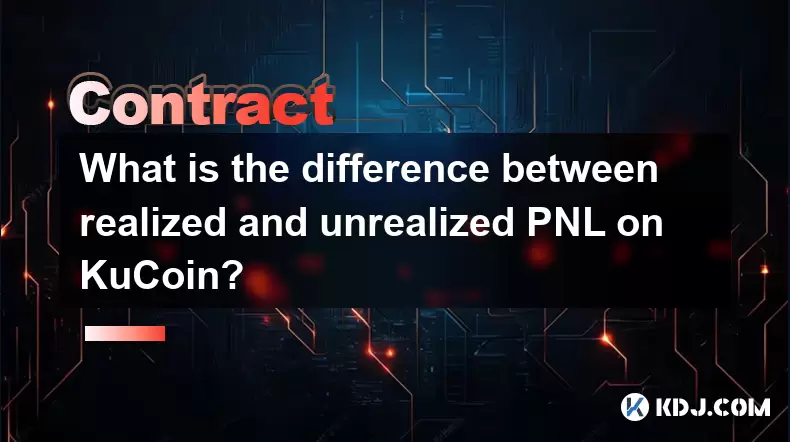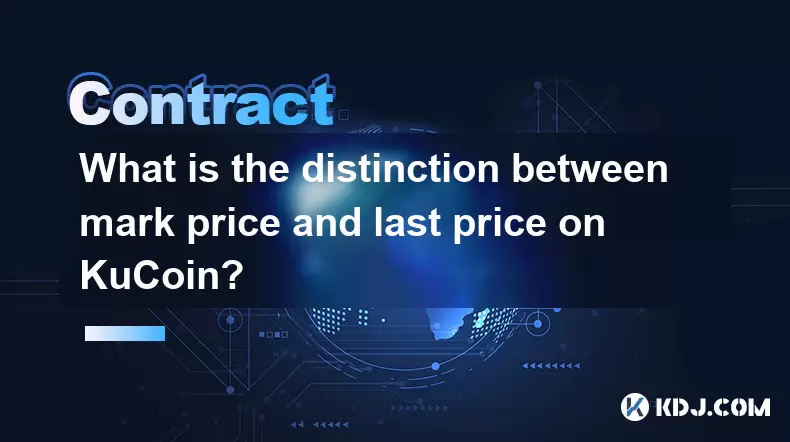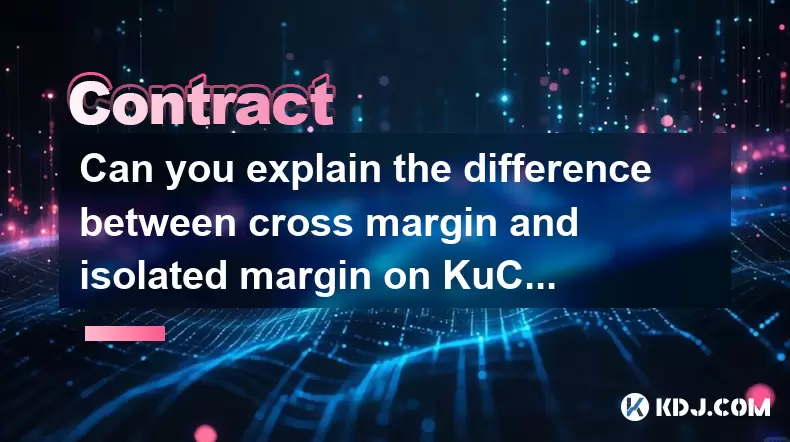-
 Bitcoin
Bitcoin $116700
0.24% -
 Ethereum
Ethereum $3973
4.34% -
 XRP
XRP $3.283
7.68% -
 Tether USDt
Tether USDt $1.000
0.01% -
 BNB
BNB $789.8
2.27% -
 Solana
Solana $176.2
3.31% -
 USDC
USDC $0.9999
0.00% -
 Dogecoin
Dogecoin $0.2238
5.14% -
 TRON
TRON $0.3389
-0.51% -
 Cardano
Cardano $0.7907
4.03% -
 Stellar
Stellar $0.4527
10.02% -
 Hyperliquid
Hyperliquid $41.07
4.27% -
 Sui
Sui $3.794
1.77% -
 Chainlink
Chainlink $19.49
10.40% -
 Bitcoin Cash
Bitcoin Cash $580.9
0.74% -
 Hedera
Hedera $0.2617
4.32% -
 Avalanche
Avalanche $23.41
3.67% -
 Ethena USDe
Ethena USDe $1.001
-0.03% -
 Litecoin
Litecoin $122.4
1.38% -
 Toncoin
Toncoin $3.364
1.49% -
 UNUS SED LEO
UNUS SED LEO $8.988
0.37% -
 Shiba Inu
Shiba Inu $0.00001295
2.82% -
 Uniswap
Uniswap $10.62
5.75% -
 Polkadot
Polkadot $3.922
4.46% -
 Dai
Dai $1.000
0.01% -
 Bitget Token
Bitget Token $4.494
2.15% -
 Monero
Monero $268.0
-1.30% -
 Cronos
Cronos $0.1523
3.68% -
 Pepe
Pepe $0.00001127
4.43% -
 Aave
Aave $285.4
4.85%
how to trade bitcoin futures in canada
Trading Bitcoin futures in Canada requires choosing a regulated brokerage like those authorized by IIROC, understanding contract mechanics and leverage risks, and implementing robust risk management strategies, including stop-loss orders, to mitigate potential losses.
Mar 25, 2025 at 06:29 pm

How to Trade Bitcoin Futures in Canada
Trading Bitcoin futures in Canada offers a unique set of opportunities and challenges for investors. This guide explores the process, regulatory landscape, and considerations for Canadian residents looking to participate in this market. It's crucial to understand the risks involved before engaging in any futures trading.
Choosing a Regulated Brokerage:
The first step is selecting a reputable and regulated brokerage offering Bitcoin futures trading. Canadian investors must ensure the brokerage is authorized by the appropriate regulatory bodies, such as the Investment Industry Regulatory Organization of Canada (IIROC) or a similar provincial authority. Consider factors like fees, trading platform functionality, and customer support when making your choice. Unregulated platforms carry significant risks.
Understanding Bitcoin Futures Contracts:
Bitcoin futures contracts are agreements to buy or sell Bitcoin at a predetermined price on a future date. They allow traders to speculate on Bitcoin's price movements without directly owning the underlying asset. These contracts are standardized, with specific contract sizes and expiration dates. Understanding the mechanics of these contracts is vital before initiating trades.
Opening a Trading Account:
After selecting a brokerage, you'll need to open a trading account. This involves providing personal information, proof of identity, and potentially proof of address. The brokerage will then review your application and, upon approval, grant you access to their trading platform. Be prepared for a thorough Know Your Customer (KYC) and Anti-Money Laundering (AML) compliance process.
Funding Your Account:
Once your account is open, you'll need to deposit funds. Most brokerages accept various methods, including bank transfers and potentially electronic payments. Ensure you understand any associated fees and processing times. Always deposit only the amount you are comfortable losing, as futures trading involves substantial risk.
Placing Your First Trade:
The process of placing a trade generally involves selecting the Bitcoin futures contract, specifying the quantity (number of contracts), and indicating whether you're buying (long) or selling (short). Your brokerage's platform will guide you through the process, displaying real-time pricing and order entry forms. Use stop-loss orders to manage your risk.
Managing Your Positions:
Monitoring your positions is crucial. Bitcoin's price can be highly volatile, requiring constant attention. Use appropriate risk management strategies, including stop-loss orders, to limit potential losses. Regularly review your portfolio and adjust your positions based on market conditions and your investment goals.
Understanding Leverage and Margin:
Bitcoin futures trading often involves leverage, allowing traders to control larger positions with a smaller initial investment. However, leverage amplifies both profits and losses. You'll need to maintain a minimum margin balance in your account to keep your positions open. Margin calls can occur if your account balance falls below the required level.
Tax Implications:
Capital gains from Bitcoin futures trading in Canada are taxable. Keep accurate records of your trades for tax purposes. Consult a tax professional to understand the specific tax implications of your trading activities. Accurate record-keeping is essential for compliance.
Risk Management Strategies:
Futures trading is inherently risky. Implement robust risk management strategies. This includes:
- Diversification: Don't put all your eggs in one basket. Diversify your investments.
- Position Sizing: Determine the appropriate amount to invest in each trade.
- Stop-Loss Orders: Set stop-loss orders to limit potential losses.
- Take-Profit Orders: Set take-profit orders to secure profits.
- Regular Monitoring: Continuously monitor your positions and market conditions.
Choosing the Right Futures Contract:
Different Bitcoin futures contracts have varying expiration dates. Consider your trading timeframe and risk tolerance when selecting a contract. Shorter-term contracts are more volatile, while longer-term contracts offer potentially less volatile price movements.
Understanding Market Orders and Limit Orders:
Market orders execute at the best available price, while limit orders execute only at a specified price or better. Understanding the differences between these order types is crucial for executing your trading strategy effectively. Each order type has its own advantages and disadvantages.
Staying Informed:
Stay informed about market trends and news that could affect Bitcoin's price. Utilize reputable news sources and analytical tools to enhance your decision-making process. Staying up-to-date is crucial in the volatile crypto market.
Frequently Asked Questions:
Q: Are there any specific Canadian regulations governing Bitcoin futures trading?
A: Yes, Canadian securities regulators like the OSC and IIROC oversee trading activities. Brokerages must comply with KYC/AML regulations and other relevant securities laws.
Q: What are the tax implications of trading Bitcoin futures in Canada?
A: Profits from Bitcoin futures trading are considered capital gains and are subject to Canadian income tax regulations. Consult a tax professional for personalized advice.
Q: How do I choose a reputable Bitcoin futures brokerage in Canada?
A: Look for brokerages regulated by IIROC or other provincial securities commissions. Verify their licensing and read reviews from other users.
Q: What are the risks associated with Bitcoin futures trading?
A: High volatility, leverage-induced losses, and the potential for significant price swings are major risks. Thorough risk management is essential.
Q: What is leverage in Bitcoin futures trading?
A: Leverage allows traders to control a larger position with a smaller initial investment. While it amplifies profits, it also significantly increases the risk of losses.
Q: How can I minimize my risk when trading Bitcoin futures?
A: Employ risk management strategies like diversification, position sizing, stop-loss orders, and thorough market research. Never invest more than you can afford to lose.
Q: What is the difference between a market order and a limit order?
A: A market order executes immediately at the best available price, while a limit order executes only when the price reaches your specified level.
Q: Where can I find reliable information on Bitcoin futures trading?
A: Reputable financial news websites, educational resources from regulated brokerages, and independent financial analysts can provide valuable insights. Always verify information from multiple sources.
Disclaimer:info@kdj.com
The information provided is not trading advice. kdj.com does not assume any responsibility for any investments made based on the information provided in this article. Cryptocurrencies are highly volatile and it is highly recommended that you invest with caution after thorough research!
If you believe that the content used on this website infringes your copyright, please contact us immediately (info@kdj.com) and we will delete it promptly.
- Coinbase, Cosmos, and dYdX: Navigating the Crypto Currents
- 2025-08-09 06:30:16
- BNB Price, Altcoins, and Predictions: What's the Buzz?
- 2025-08-09 06:30:16
- Crypto Presale Projects Primed for Gains in 2025: A New Yorker's Take
- 2025-08-09 06:50:15
- Ruvi AI: The Millionaire Maker Poised for a Price Spike?
- 2025-08-09 06:50:15
- Cold Wallet, CoinMarketCap, Cardano & XRP: Navigating Crypto's Next Big Wave
- 2025-08-09 07:10:15
- Hedera (HBAR) Price Surge: Market Cap Soars, What's Next?
- 2025-08-09 07:10:15
Related knowledge

What is the difference between realized and unrealized PNL on KuCoin?
Aug 09,2025 at 01:49am
Understanding Realized and Unrealized PNL on KuCoinWhen trading on KuCoin, especially in futures and perpetual contracts, understanding the distinctio...

How does KuCoin Futures compare against Binance Futures in terms of features?
Aug 09,2025 at 03:22am
Trading Interface and User ExperienceThe trading interface is a critical component when comparing KuCoin Futures and Binance Futures, as it directly i...

What is the distinction between mark price and last price on KuCoin?
Aug 08,2025 at 01:58pm
Understanding the Basics of Price in Cryptocurrency TradingIn cryptocurrency exchanges like KuCoin, two key price indicators frequently appear on trad...

What are the specific maker and taker fees on KuCoin Futures?
Aug 08,2025 at 08:28am
Understanding Maker and Taker Fees on KuCoin FuturesWhen trading on KuCoin Futures, users encounter two primary types of fees: maker fees and taker fe...

Can you explain the difference between cross margin and isolated margin on KuCoin?
Aug 09,2025 at 02:57am
Understanding Margin Trading on KuCoinMargin trading on KuCoin allows traders to borrow funds to increase their trading position beyond their actual c...

How can I open a long position on KuCoin Futures?
Aug 09,2025 at 02:07am
Understanding KuCoin Futures and Long PositionsOpening a long position on KuCoin Futures means you are speculating that the price of a cryptocurrency ...

What is the difference between realized and unrealized PNL on KuCoin?
Aug 09,2025 at 01:49am
Understanding Realized and Unrealized PNL on KuCoinWhen trading on KuCoin, especially in futures and perpetual contracts, understanding the distinctio...

How does KuCoin Futures compare against Binance Futures in terms of features?
Aug 09,2025 at 03:22am
Trading Interface and User ExperienceThe trading interface is a critical component when comparing KuCoin Futures and Binance Futures, as it directly i...

What is the distinction between mark price and last price on KuCoin?
Aug 08,2025 at 01:58pm
Understanding the Basics of Price in Cryptocurrency TradingIn cryptocurrency exchanges like KuCoin, two key price indicators frequently appear on trad...

What are the specific maker and taker fees on KuCoin Futures?
Aug 08,2025 at 08:28am
Understanding Maker and Taker Fees on KuCoin FuturesWhen trading on KuCoin Futures, users encounter two primary types of fees: maker fees and taker fe...

Can you explain the difference between cross margin and isolated margin on KuCoin?
Aug 09,2025 at 02:57am
Understanding Margin Trading on KuCoinMargin trading on KuCoin allows traders to borrow funds to increase their trading position beyond their actual c...

How can I open a long position on KuCoin Futures?
Aug 09,2025 at 02:07am
Understanding KuCoin Futures and Long PositionsOpening a long position on KuCoin Futures means you are speculating that the price of a cryptocurrency ...
See all articles

























































































